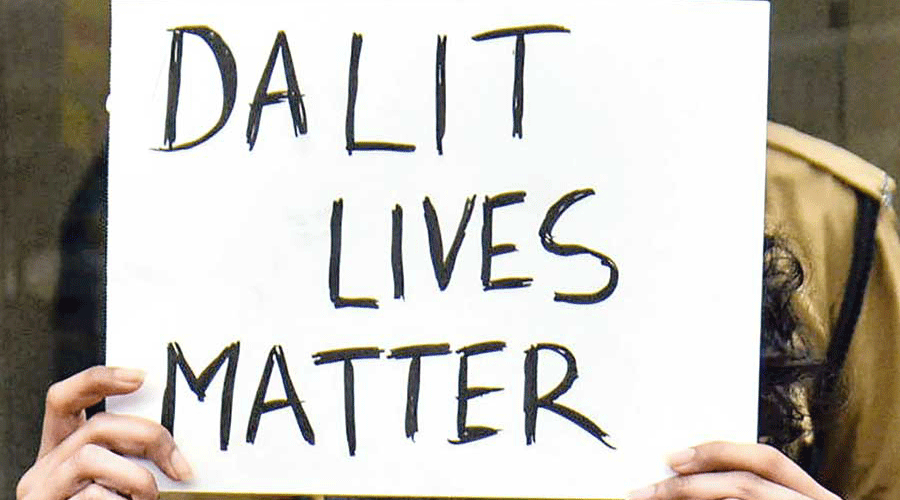A piece of legislation has been introduced in the Seattle City Council to consider caste as a form of discrimination like race, colour, gender, religious creed and nationality in a move to give greater protection to Indian Dalit workers in the city.
Kshama Sawant, an Indian-American and a member of the Seattle City Council, introduced the ordinance on Tuesday and underscored its need because of increasing cases of caste-based discrimination.
In February 2020, she had introduced a resolution in the council to urge the Indian government to repeal the Citizenship (Amendment) Act and stop the proposed National Register of Citizens (NRC), contending that they would discriminate against minorities. The resolution was passed.
The latest initiative is seen as a victory for the Ambedkerite groups in the US, which have been demanding legal protection against caste-based discrimination by their compatriots from dominant castes.
“The legislation will prohibit businesses from discriminating based on caste with respect to hiring, tenure, promotion, workplace condition and wages,” Sawant, a member of Socialist Alternative, told reporters.
“It will ban discrimination in public accommodation such as hotels, public transportation, retail establishments and restaurants. The law will also prohibit housing discriminations in rental housing leases and property sales,” Sawant added.
She said caste discrimination occurs in forms of social segregation, economic deprivation and physical and psychological violence.
“We know that caste discrimination has been increasing in the US across many industries including technology, construction, restaurants and service industries,” Sawant said.
With over 167,000 people from South Asia living in Washington, largely concentrated in the Greater Seattle area, the region must address caste discrimination, and not allow it to remain invisible and unaddressed, she said.
Earlier, Harvard, Brown, California State University and Brandeis University in the US had acted similarly against caste-based discrimination and included caste under their non-discriminatory policy.
Anil Wagde, an Indian IT worker in Atlanta and a member of Ambedkar International Centre, said the introduction of the ordinance was an achievement in terms of bringing the issue up for discussions in political forums.
“We expect it to be passed. Whether it is passed or not, the introduction of the bill is significant since the Dalit and backward caste people facing discrimination will find an appropriate forum to raise their issues. The council will undertake discussions with the public on its merit and then consider the bill for passing,” Wagde said.
He cited the Cisco case of 2020 where a Dalit worker was harassed and transferred from a project by his senior, a forward caste person, after knowing his caste background. His grievances to the human resource department did not help.
He said the Cisco case happened because they did not understand caste and the HR department said caste was not protected. The person then approached the Department of Fair Employment and Housing, now renamed the California Civil Rights Department and convinced the officials about the caste-based discrimination.











